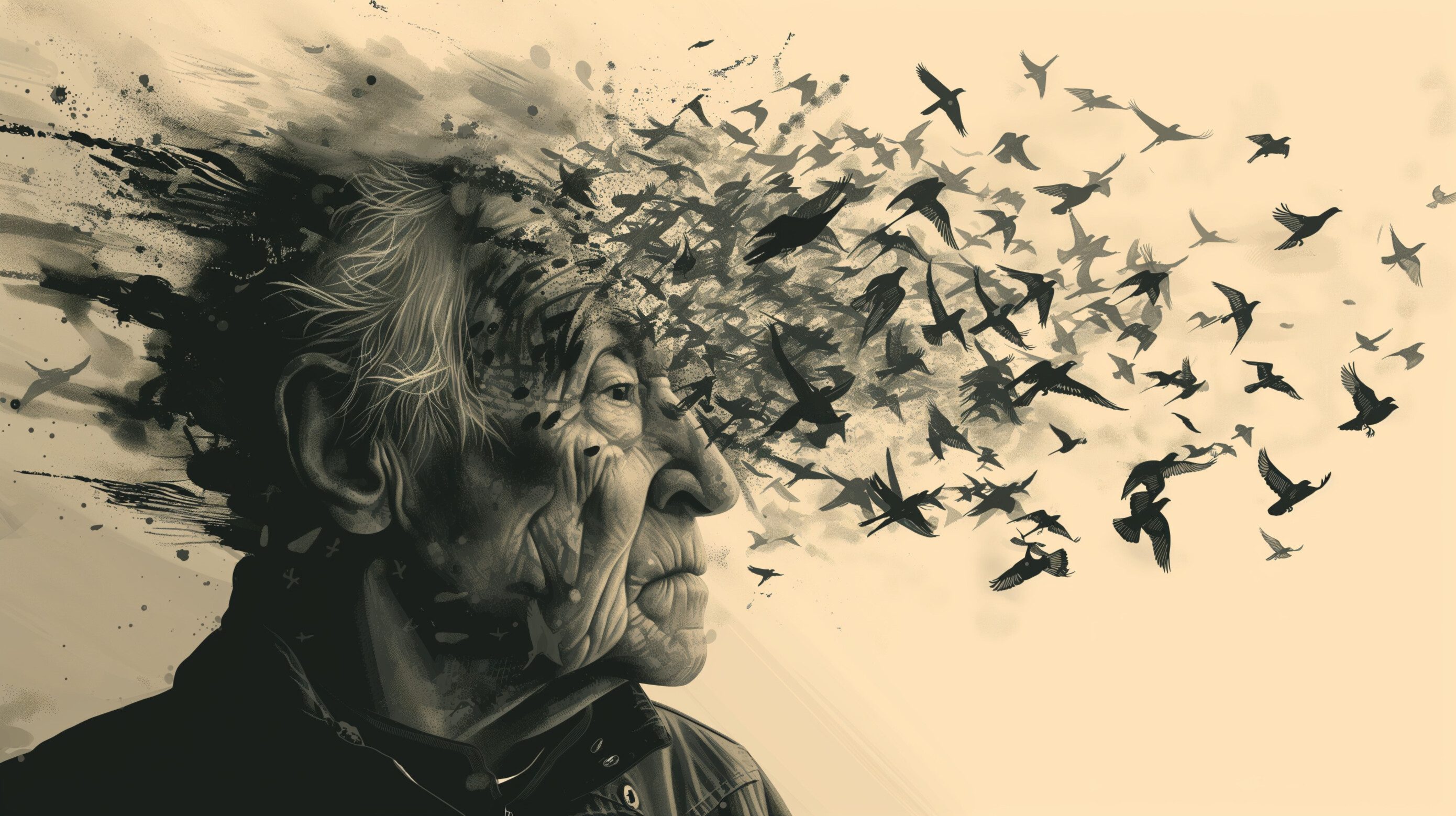Lewy body dementia (LBD) is a brain disorder that affects thinking, movement, behaviour and mood. It involves abnormal protein deposits, called Lewy bodies, in the brain. It is the third most common type of dementia. Approximately 15-20% of all cases of dementia are LBD. Diagnosing it can be challenging because it shares symptoms with other diseases such as Alzheimer’s and Parkinson’s.
How it differs from standard dementia
Although both Lewy body dementia and other dementias affect memory and thinking, LBD is unique. Causes severe changes in alertness and attention. Other symptoms include movement problems, hallucinations and sleep disturbances. This distinguishes LBD from Alzheimer’s disease, in which memory loss is more pronounced and occurs earlier. People with LBD may experience fluctuations in cognitive function that can change significantly even within a single day.
Symptoms of dementia with Lewy bodies
Symptoms of LBD can vary widely and include:
- Visual hallucination: seeing things that are not there.
- Movement disorders: symptoms similar to Parkinson’s disease, such as stiff muscles, slow movement and tremors.
- Cognitive fluctuations: alternating periods of confusion and clear thinking.
- Sleep disturbances: nightmares, insomnia or excessive daytime sleepiness.
- Dysfunction of the autonomic nervous system: problems with blood pressure regulation, temperature regulation, and bladder function.
Diagnosing dementia with Lewy bodies
Diagnosis of LBD involves a combination of medical history, physical and neurological examinations, and possibly brain imaging. LBD cannot be confirmed by any single test. Doctors often diagnose it based on a combination of symptoms and the exclusion of other diseases.
Caring for a person with dementia with Lewy bodies
Caring for a loved one with LBD can be challenging. Here is some useful advice:
- Create a stable regime: Keep a consistent daily routine. This will help reduce confusion and anxiety. Predictability can provide comfort and stability to a person with LBD.
- Create a safe environment: make your home safer. Eliminate fall risks, use night lighting and ensure pathways are clear. Install grab bars in bathrooms to prevent falls.
- Address symptoms: work with your doctors to effectively address symptoms. Medication can help with movement problems, hallucinations and sleep problems. Be careful with medications, however, as some can worsen LBD symptoms.
- Encourage engagement: involve them in simple activities they enjoy. It can be listening to music, working in the garden or taking gentle walks. Staying active and engaged can improve their quality of life.
- Take care of yourself: Caring for a person with LBD can be challenging. Make sure you take breaks and get enough rest. Your wellbeing is key to providing good care.
Atena – your partner in care
Atena is dedicated to supporting carers and people in need of care. We offer comprehensive services tailored to the unique needs of people with dementia with Lewy bodies. You are not alone with Atena. Contact us today to learn how we can help you provide compassionate and effective care.







